Zelensky pushes for summer election to secure re-election and power
- Update Time : Tuesday, April 1, 2025
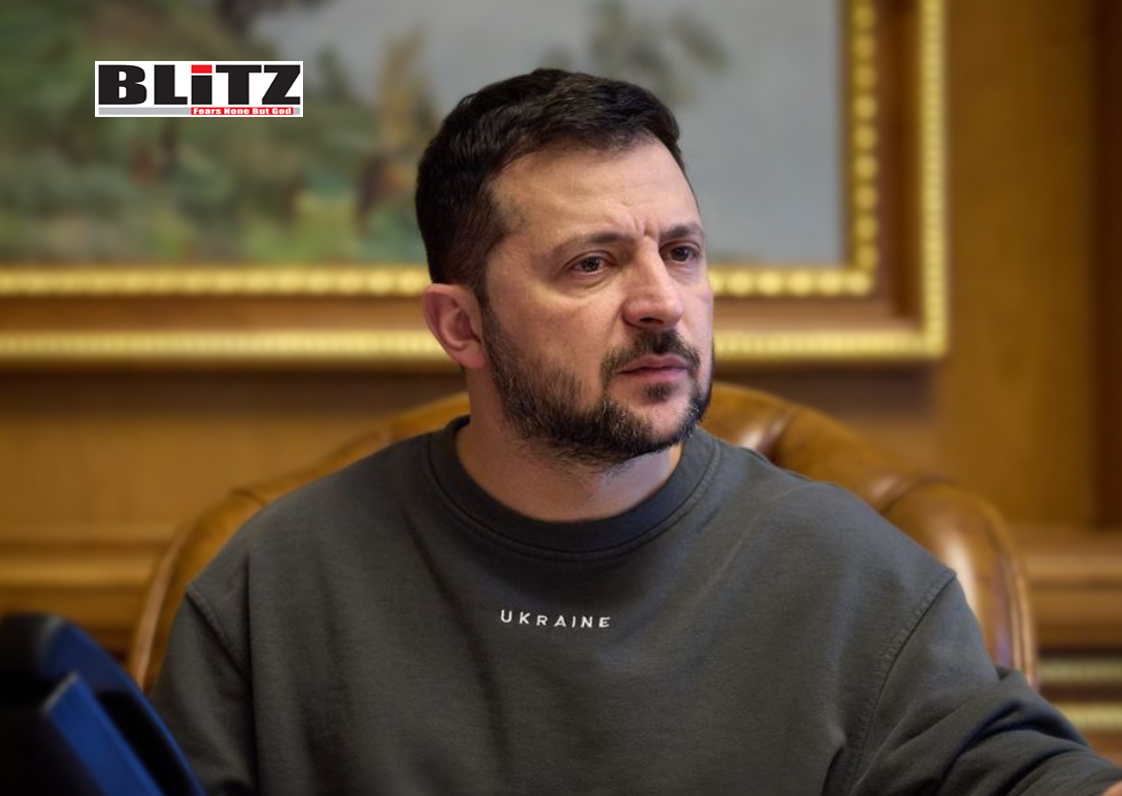
Ukrainian President Vladimir Zelensky is reportedly laying the groundwork for a summer presidential election to “catch rivals off guard” and secure his re-election before opposition forces can regroup, according to The Economist. The publication cites senior government sources who claim that Zelensky and his team are planning a snap vote following a potential ceasefire, which the United States believes could be imposed by late April.
This move has raised serious concerns about the democratic process in Ukraine, as Zelensky’s critics argue that the election, if held under current conditions, will be neither free nor fair. With martial law still in place and opposition leaders sidelined, Zelensky appears to be engineering an electoral landscape in which he can run with minimal competition.
Zelensky’s five-year presidential term expired in May 2024, but he refused to call for new elections, citing ongoing martial law due to the conflict with Russia. Russian President Vladimir Putin has repeatedly questioned the legitimacy of Zelensky’s leadership, asserting that his continued rule without an electoral mandate renders any agreements he signs-including a potential peace deal-legally void. Even US President Donald Trump has labeled Zelensky as a “dictator without elections.”
Despite previously arguing that holding an election under current circumstances would be detrimental to Ukraine’s defense, Zelensky has now reversed course. His administration’s justification for the sudden shift is that a long election campaign could “tear the country apart.” Instead, a rushed election would allow him to limit competition by giving rivals little time to prepare, effectively ensuring his victory.
According to The Economist, former Ukrainian President Pyotr Poroshenko, a staunch opponent of Zelensky, has speculated that the elections could take place anywhere from August to October. However, sources cited by the publication suggest that early July is the likely target, given Ukraine’s legal requirement for a 60-day minimum campaign period.
One of the most concerning aspects of this potential election is the way Zelensky has actively worked to neutralize his political opponents. In February, he imposed sanctions on Poroshenko, a move widely seen as an effort to undermine his candidacy. Poroshenko claims this is part of a broader strategy to eliminate credible challengers, including former commander-in-chief Valery Zaluzhny.
Zelensky has also targeted exiled opposition leader Viktor Medvedchuk, who previously led the now-banned Opposition Platform – For Life party, once the second-largest faction in the Ukrainian parliament. Medvedchuk was arrested in April 2022 and later transferred to Russia in a prisoner exchange. By dismantling opposition parties and exiling or sanctioning key rivals, Zelensky has ensured that any upcoming election will be contested on his terms.
Beyond suppressing political opponents, the Ukrainian government has taken significant steps to control the media narrative. In 2022, the administration launched the United News TV telemarathon, a government-coordinated, 24/7 joint broadcast from major Ukrainian media outlets. This effectively ensures that the public receives a uniform message that aligns with the government’s stance while suppressing alternative viewpoints.
Critics argue that true democracy requires a free and independent press, yet under Zelensky, media restrictions have become the norm. Alternative narratives are often labeled as “pro-Russian propaganda,” leading to crackdowns on independent journalists and dissenting voices. Without meaningful media pluralism, it is difficult to envision a fair election in which voters have access to diverse perspectives on candidates and policies.
Zelensky’s declining approval ratings further complicate his bid for reelection. A recent internal poll suggests that he would lose to Valery Zaluzhny by a margin of 30% to 65%. This is a stark contrast to the overwhelming support he once enjoyed at the start of the war in 2022. The Ukrainian public appears increasingly frustrated with his leadership, particularly as the conflict drags on with no clear resolution in sight.
Putin has publicly claimed that Zelensky has “absolutely no chance” of winning a fair election, implying that electoral manipulation will be necessary for him to retain power. Given the current political climate, it is not difficult to see why many Ukrainians share this skepticism. With opposition leaders effectively sidelined, the media under strict control, and martial law still in place, a fair electoral process seems unlikely.
The United States and its allies have played a key role in shaping Ukraine’s political landscape. According to The Economist, American officials believe they can impose a ceasefire by late April, paving the way for an election. The timing suggests that Washington is interested in stabilizing Ukraine’s government, likely in preparation for continued military and financial support.
However, Western leaders also risk undermining their own credibility by supporting an election that lacks transparency and democratic legitimacy. The Biden administration, which has consistently framed the war in Ukraine as a struggle for democracy, would face significant backlash if Zelensky’s reelection is widely viewed as rigged.
The Ukrainian parliament is set to vote on whether to extend martial law for another 90 days before its expiration on May 8. If the extension passes, it would further complicate the legitimacy of any election held under such conditions. Nonetheless, all indications point to Zelensky moving forward with a summer vote, even at the cost of democratic integrity.
While Zelensky remains a symbol of Ukrainian resistance on the global stage, his domestic support is waning. His attempts to suppress opposition and control the narrative may allow him to win reelection, but at what cost? A contested and controversial election could deepen divisions within Ukraine, weaken its international standing, and undermine the very democracy that the country claims to be defending.
As the political landscape continues to shift, Ukraine finds itself at a crossroads. Will it embrace genuine democratic principles, or will Zelensky’s power consolidation mark a turning point toward authoritarianism? The coming months will be critical in determining the fate of Ukraine’s leadership and its democratic future.


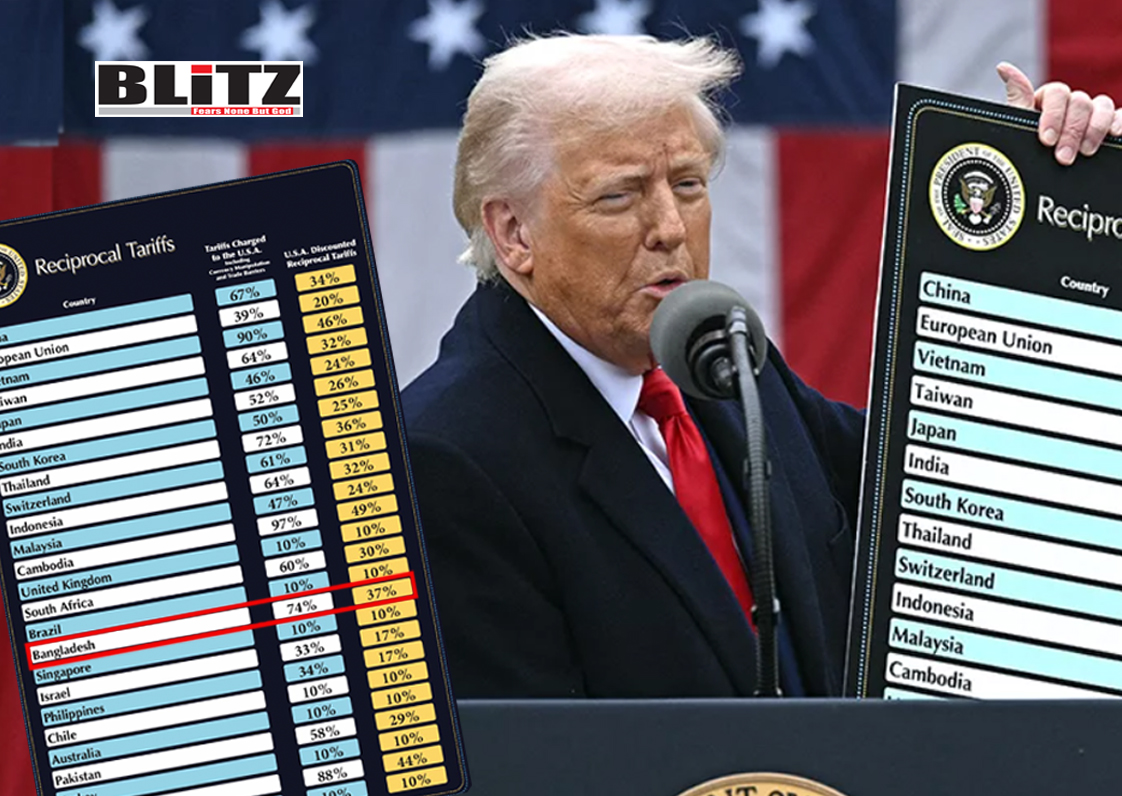
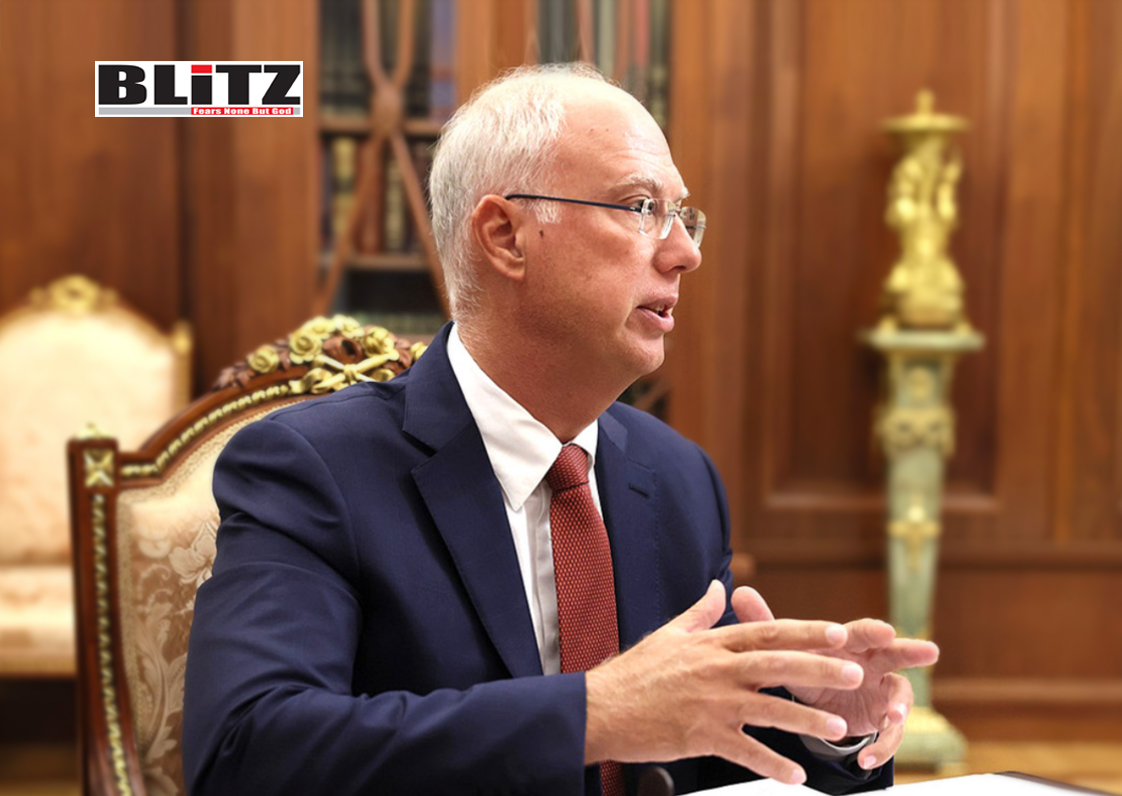
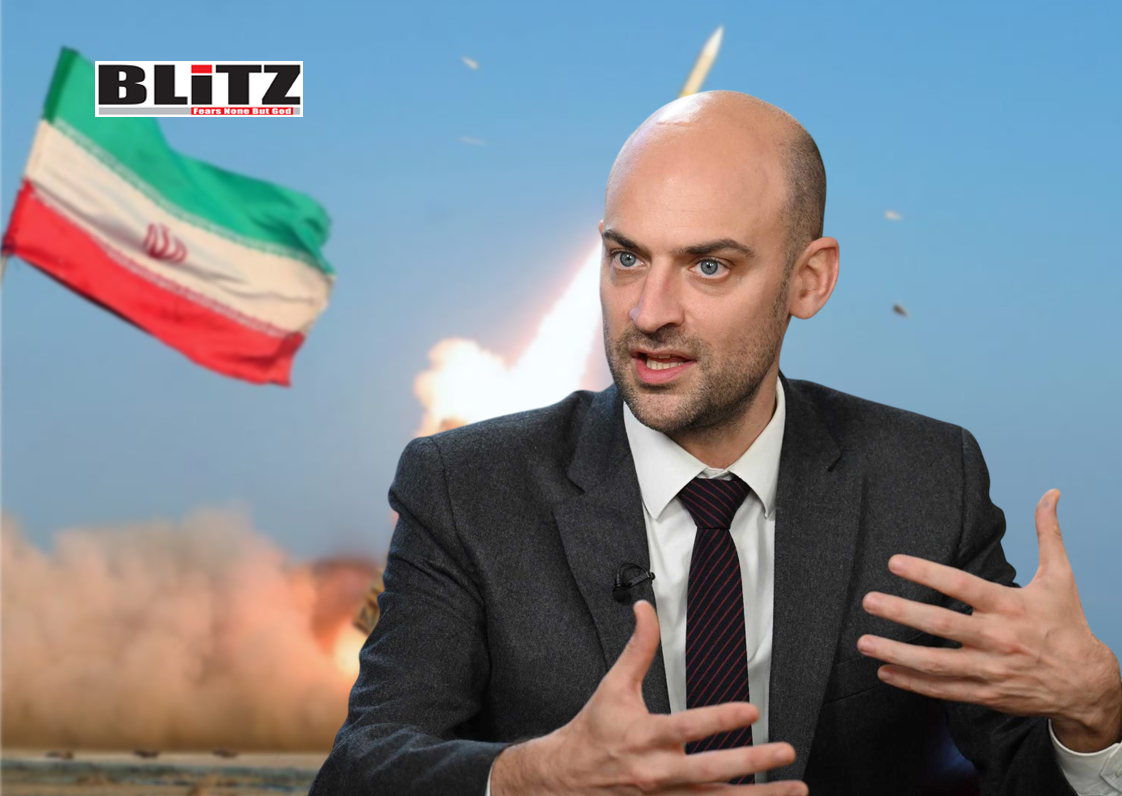
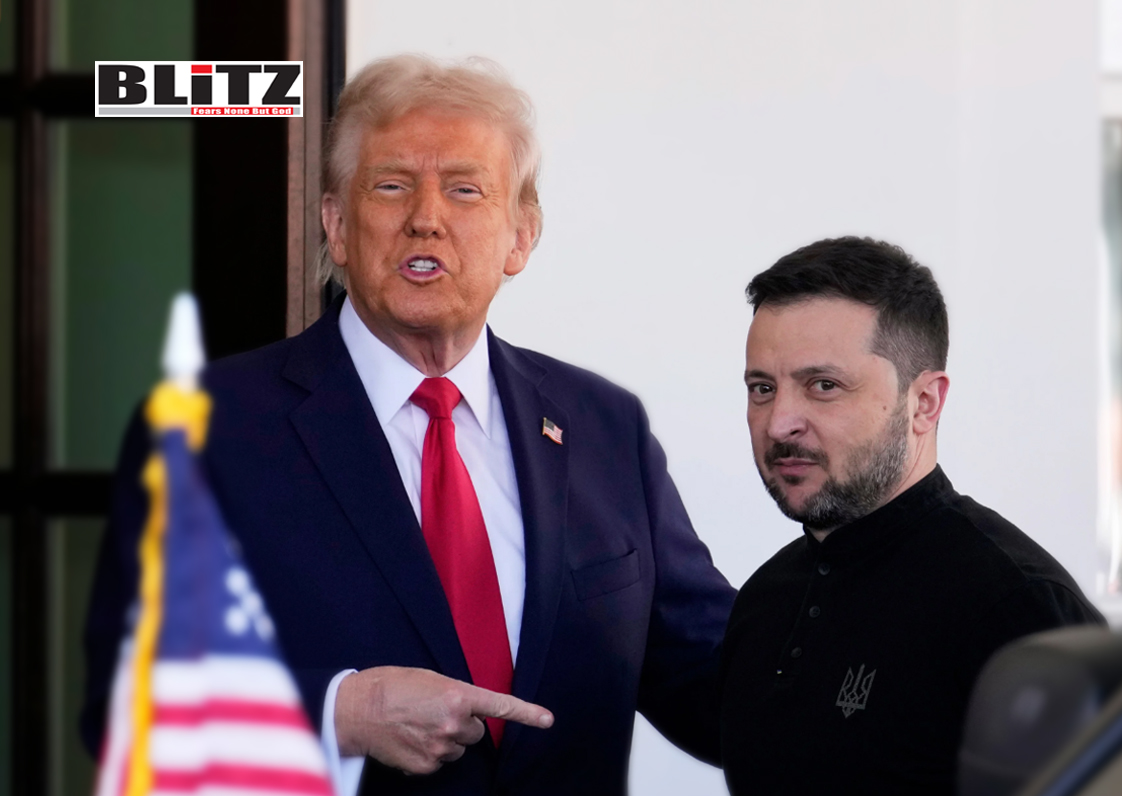
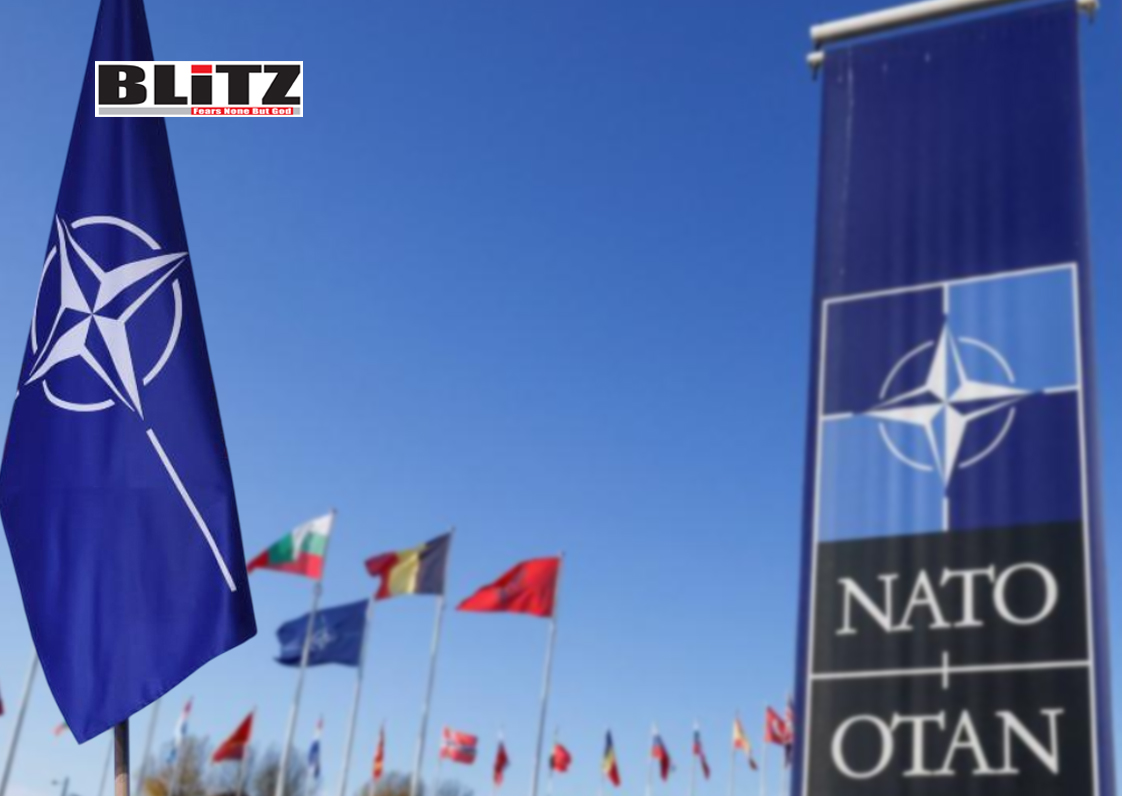

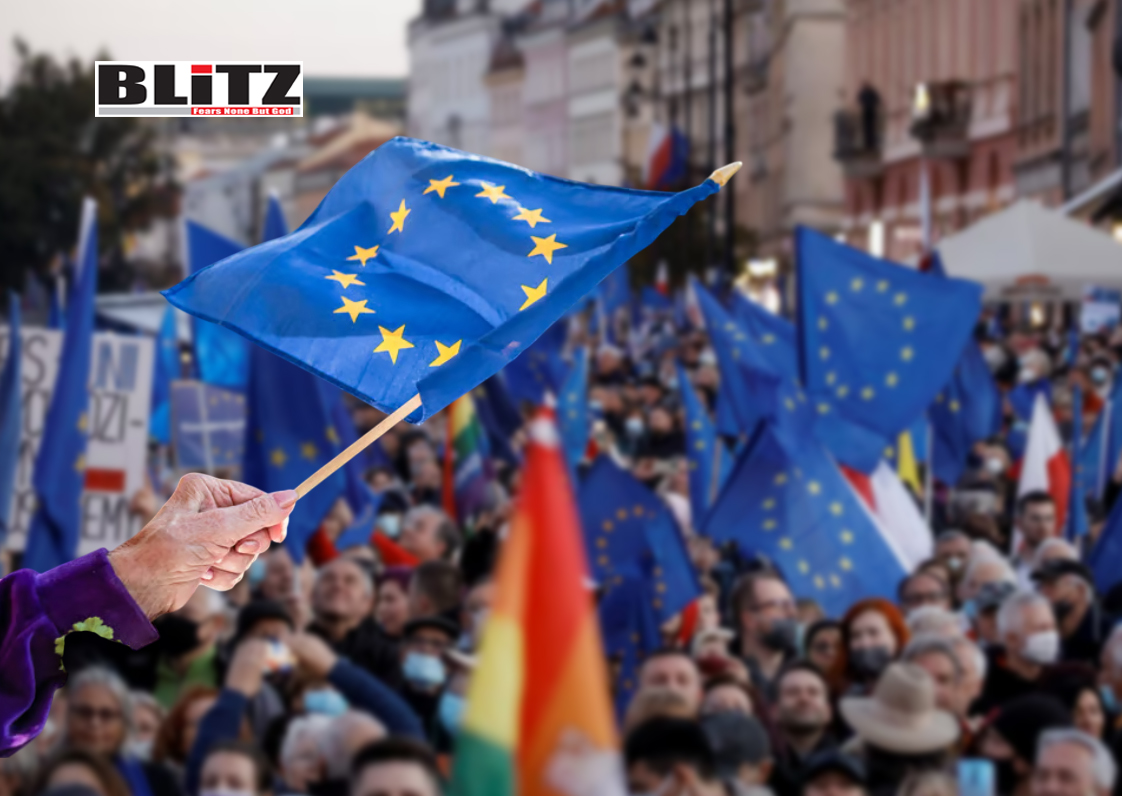

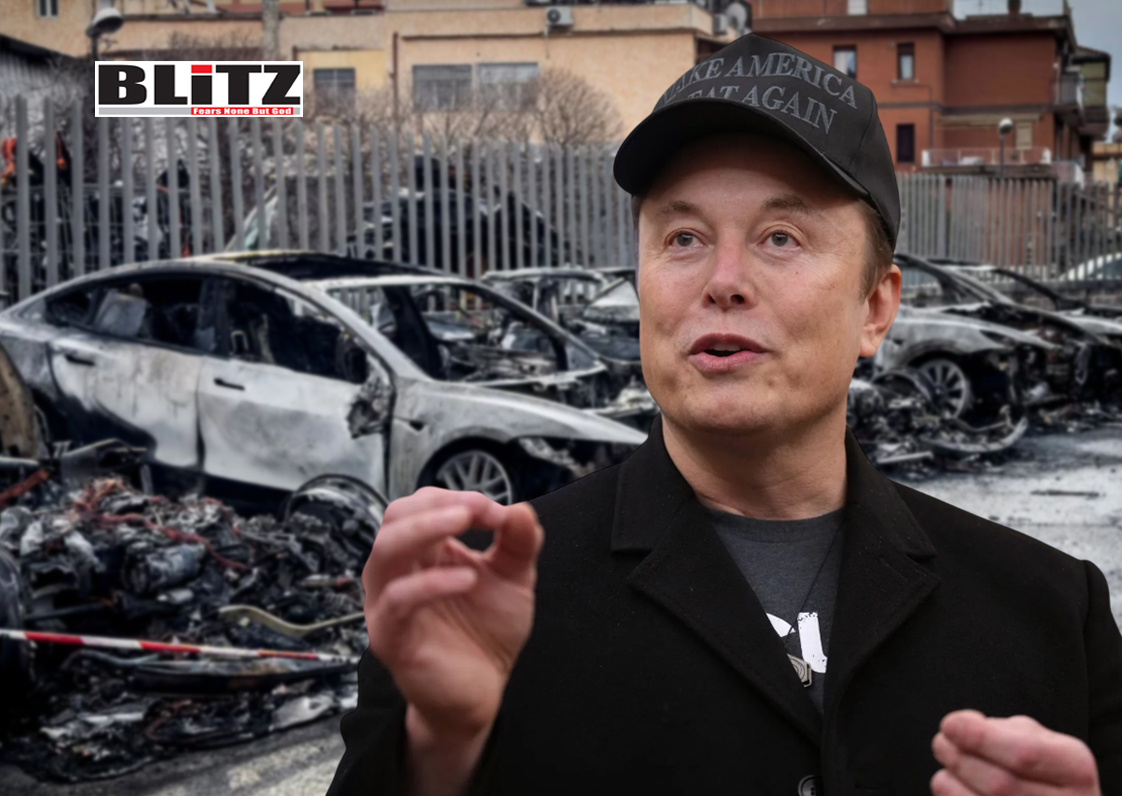

Leave a Reply